ASUU Assembly Addresses Controversy Over Bill Increasing Police Presence in the Union
ASUU representatives at a late night meeting on March 3 to discuss Joint Bill 4 and possible removal of leadership. (Photo by Natalie Colby | Daily Utah Chronicle)
March 4, 2020
Gabriel Misla, assembly representative for the College of Fine Arts, motioned for a vote of no confidence for Assembly Chair Mitch Kirkham and Vice President of University Relations Gabriel Martinez during an ASUU meeting on Mar. 3.
The motion of no confidence, which formally disapproves of a member’s actions and encourages them to resign, was originally based on their support of Joint Bill 4, a bill that would have increased police presence in the Union. The motion to base the vote of no confidence solely on Joint Bill 4 was denied, but the assembly debated Kirkham and Martinez’s work throughout the year.
While addressing the assembly, Misla spoke about Alexa, a transgender woman murdered in Puerto Rico. According to Misla, her murder was not classified as a hate crime. He said that police have referred to her as a “man in a skirt.” He said that representatives can not divorce Puerto Rico from Utah, as they are a part of the United States.
Misla felt what he shared was disregarded by his colleagues during the Joint Bill 4 meeting.
Two representatives, Ermiya Fanaeian, the representative of Undergraduate Studies, and Hanin Sheikh, the representative of the College of Engineering, resigned after the bill was announced, formalizing their opposition.
“Do you think it is okay to tell our students that their fears are unfounded? Cops might mean safety to you, but not for us,” Misla said. “Shame on those that questioned the bill and expressed concerns about what the bill represents to students and still voted in favor of it.”
Misla also shared his personal experiences with the police. He said that the police stopped him and tried to tell him he was drunk, even though there was no proof. He spoke about his fear for his husband before he got his residency.
“We need to do better,” he said. “Diversity training is not enough. You all had it and still voted the way you did. You need to reach out, to actually listen, to stop telling others how they think, to try to walk in the shoes of others.”
He finished by motioning for a vote of no confidence, which was seconded by Alexander Whitty, another assembly representative for fine arts.
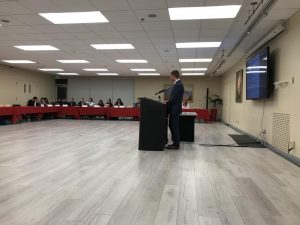
After a recess, Martinez addressed the assembly and acknowledged the damage he may have caused. He apologized about the bill and his actions.
“I want everyone to know the voices and the concerns, that I did hear what people said and I took that into consideration when beginning to form the next class gift,” Martinez said.
The new university gift he will propose will work with the Violence Prevention Center.
The time then turned to questions and debate for the assembly.
The representative for the College of Engineering, Anika Isom, made the vote of no confidence focused solely on the actions of Martinez and Kirkham regarding Joint Bill 4, rather than their positions.
The debate centered on the role the assembly played in the bill and the changes they could make to be more accountable.
Many assembly representatives claimed that if they knew then what they know now about students’ opinions, they would have voted no.
Representatives such as Isom, Casey Mcfarland, the representative for the College of Health, and Emma Hicks, the representative for the College of Social Work, said they would have voted differently.
“I was ignorant … I have grown up very privileged and I have never had any issues with police before, and I think that really blinded myself to my vote,” Hicks said, “If I could change my vote, I would’ve voted no.”
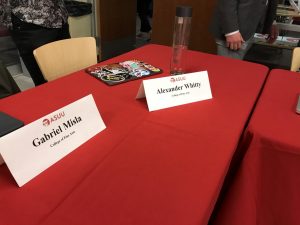
Kaleb Esplin, the representative for the School of Dentistry, suggested a re-vote on the bill to show this change. This was met with an outcry from Christina Souknarong, an ethnic studies major, who felt as though representatives were trying to save face instead of taking responsibility for their decisions.
Esplin said the blame should not be solely placed on those two, which was met with nods from other representatives.
“I personally don’t think the fault lies on the two individuals who are on trial right now, but the blame is shared by all of us for the was that we cast our votes and the decisions we made collectively,” Esplin said.
Whitty questioned whether Martinez’s future career goals of working in public safety biased his decision in making this gift.
Additionally, he said it was unfair that Kirkham and Martinez responded to every comment from assembly members and think that their consistent comments affected the vote.
After debate, the assembly vote of no confidence against Gabriel Martinez failed, with a vote of 8-14 against.
Next, Kirkham addressed the assembly.
“I have felt physically ill since that meeting,” he said, referring to the previous Tuesday’s meeting where the original bill passed.
He said that while it was not his intention for anyone to feel silenced, that is what happened. He apologized to those who felt like there was a power imbalance and that his viewpoints were over-expressed.
He also proposed some changes within ASUU, including sharing bills more widely through social media and increasing transparency about bills voted on in the assembly.
“I think this is a good opportunity to look at the legislative process and find creative ways to market our bill,” Kirkham said.
Addressing questions from the public, Kirkham emphasized that building trust between ASUU and student groups advocating for marginalized communities is his main concern.
Souknarong asked what accountability looks like moving forward for both Kirkham and the assembly.
“I think accountability looks like making sure that things like this don’t happen again — taking those lessons and putting them into practice and into action,” he said.
After very little debate, the assembly vote of no confidence against Kirkham failed, with a vote of 6-17 against and three abstentions.
At the conclusion of the meeting, Assembly Resolution 1 was presented and authored by Sofia Filip, assembly representative for the College of Humanities, who voted against the bill. The resolution will serve as a statement of apology from the assembly to those who were hurt by Joint Bill 4 and to the assembly representatives who resigned, as well as provide a framework for moving forward.
The assembly worked together on the wording and content of the bill to make sure it correctly represented the body’s intentions moving forward. Their goals were to take the blame for their decisions, listen to students who felt silenced and foster relationships with marginalized communities.
The resolution says the assembly should communicate more openly with their constituents. It also acknowledges the attempts to silence Fanaeian and Sheikh and validate the experiences of marginalized communities.
“All members of the ASUU Assembly commit to ally-ship with these marginalized communities while amplifying and advocating for the concerns, voices and experiences they present,” the bill says. “We are committed to fostering a culture of transparency and accessibility with all members of the Student Body.”
Assembly Resolution 1 passed unanimously.
This article originally misstated the vote count for the vote of no confidence against Kirkham. This article has also been updated to accurately reflect the vote of no confidence. It was based on Martinez’s and Kirkham’s performance throughout the year, not just their support of Joint Resolution 4.


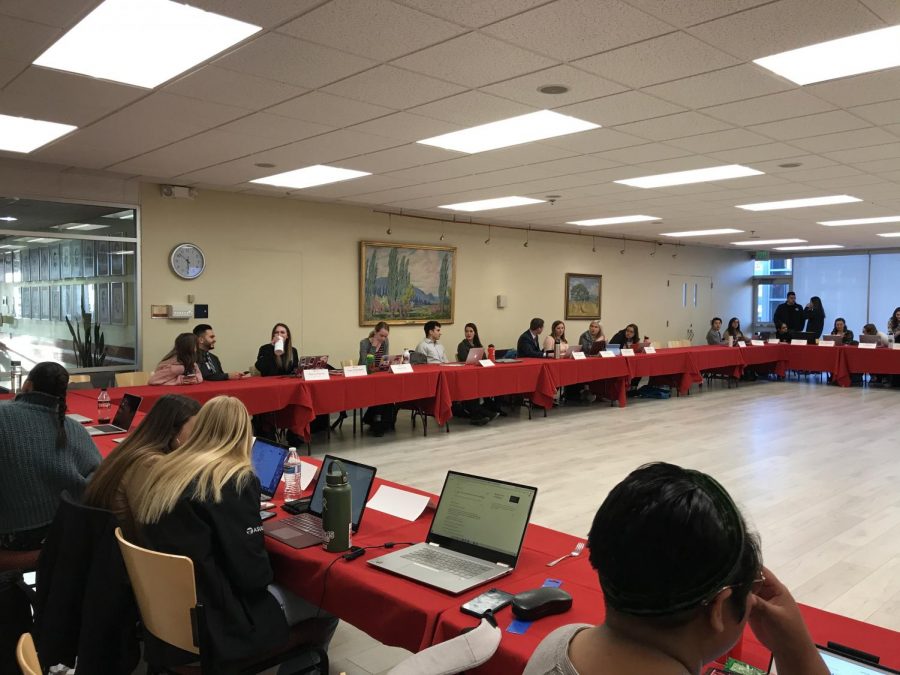
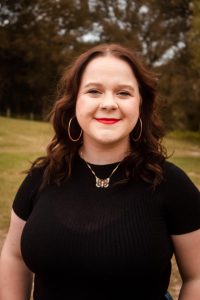

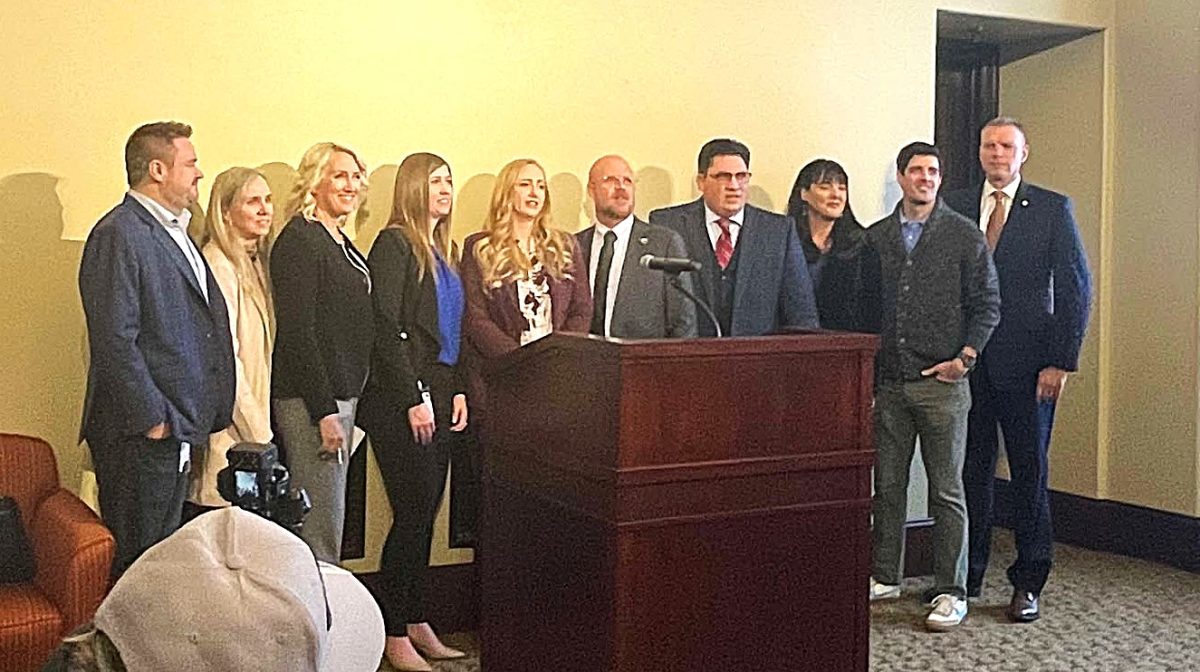
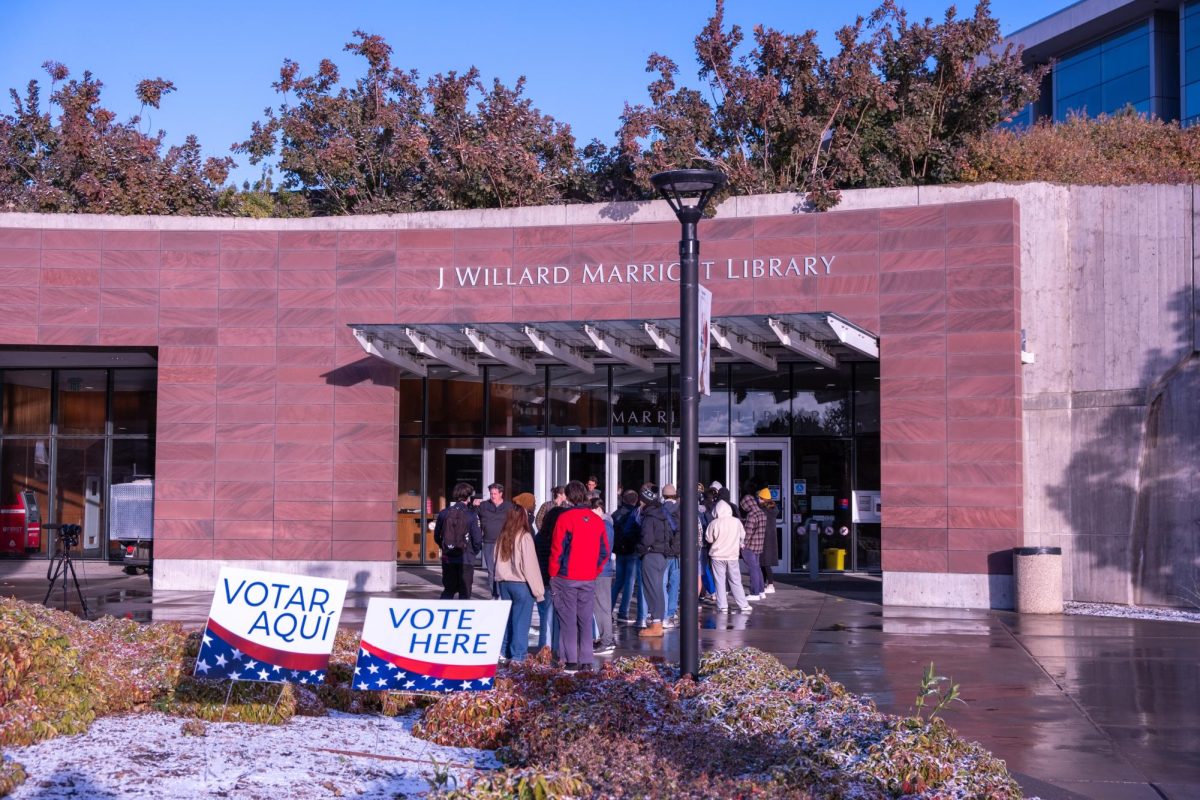
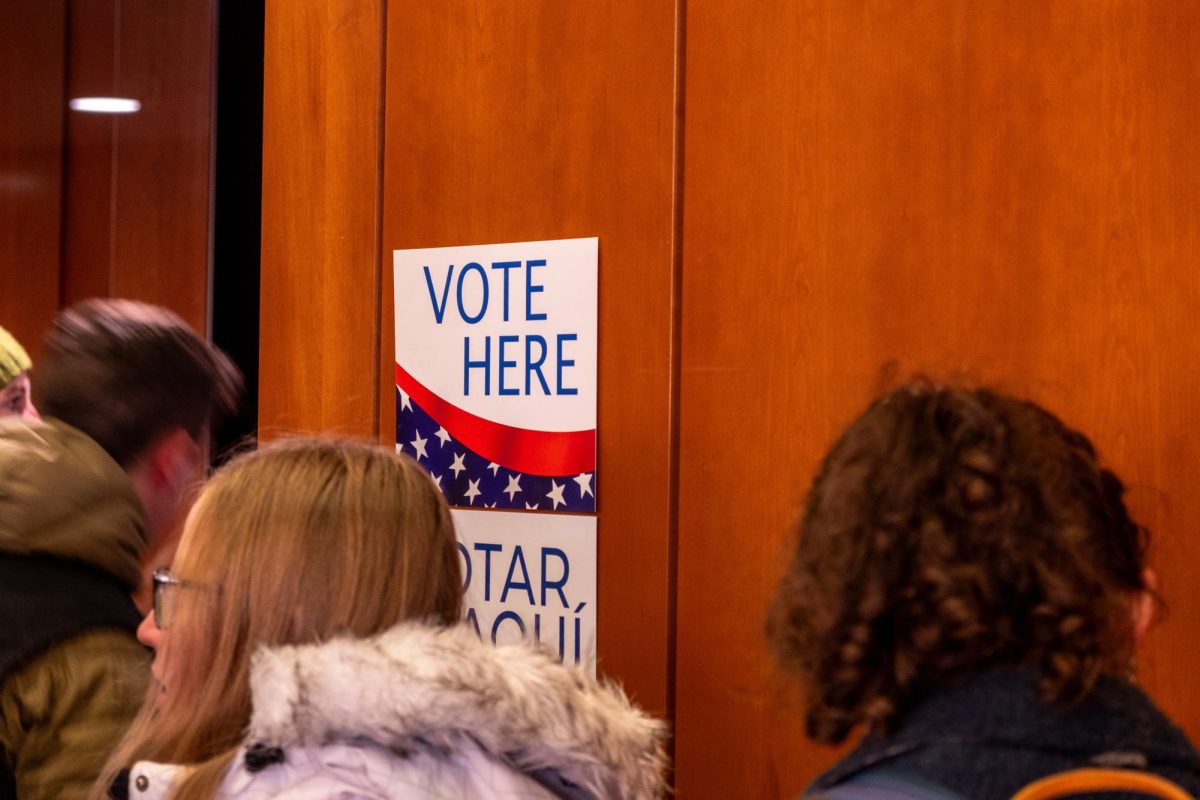

Josh Petersen • Mar 5, 2020 at 11:17 am
Hi Sofia,
Thank you for bringing this to our attention. We regret the error and have now updated our article accordingly.
Sofia Filip • Mar 4, 2020 at 4:27 pm
Quick correction, the motion to place the vote of no confidence solely on the presentation of Joint Bill 4 was denied. The vote of no confidence rested on the work of Gabe and Mitch throughout the entire year.